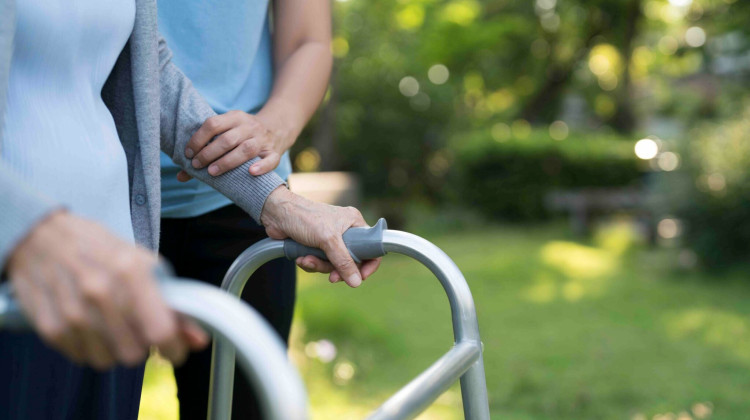
Lawmakers received an update Monday on the progress of needle exchange programs in Indiana, just a few months after the legislature legalized their creation.
file photoINDIANAPOLIS -- More than 20 percent of Indiana counties are in the process of creating a needle exchange program. On Monday, a panel of lawmakers received an update on the progress of the programs just a few months after the legislature legalized their creation.
Three Indiana counties – Scott, Madison and Fayette – have created needle exchanges. Kellie Kelley, co-coordinator of Madison County’s program, says counties considering establishing their own needle exchange need to coordinate closely with stakeholders, such as community health centers. She says communication with law enforcement and the media is key. And Kelley says counties need to be patient and flexible.
“We are not having most individuals come to our sites that we set up. They usually come into the Health Department because it’s already a trusted entity," Kelley said. "So we are renegotiating and getting some advice of perhaps changing our method of delivery.”
Other needle exchange advocates stress the need for funding. Beth Meyerson leads Project Cultivate, which helps Indiana counties operating or considering needle exchanges. She says Indiana is nearly last in the country for receiving federal dollars for public health.
 DONATE
DONATE








 Support WFYI. We can't do it without you.
Support WFYI. We can't do it without you.